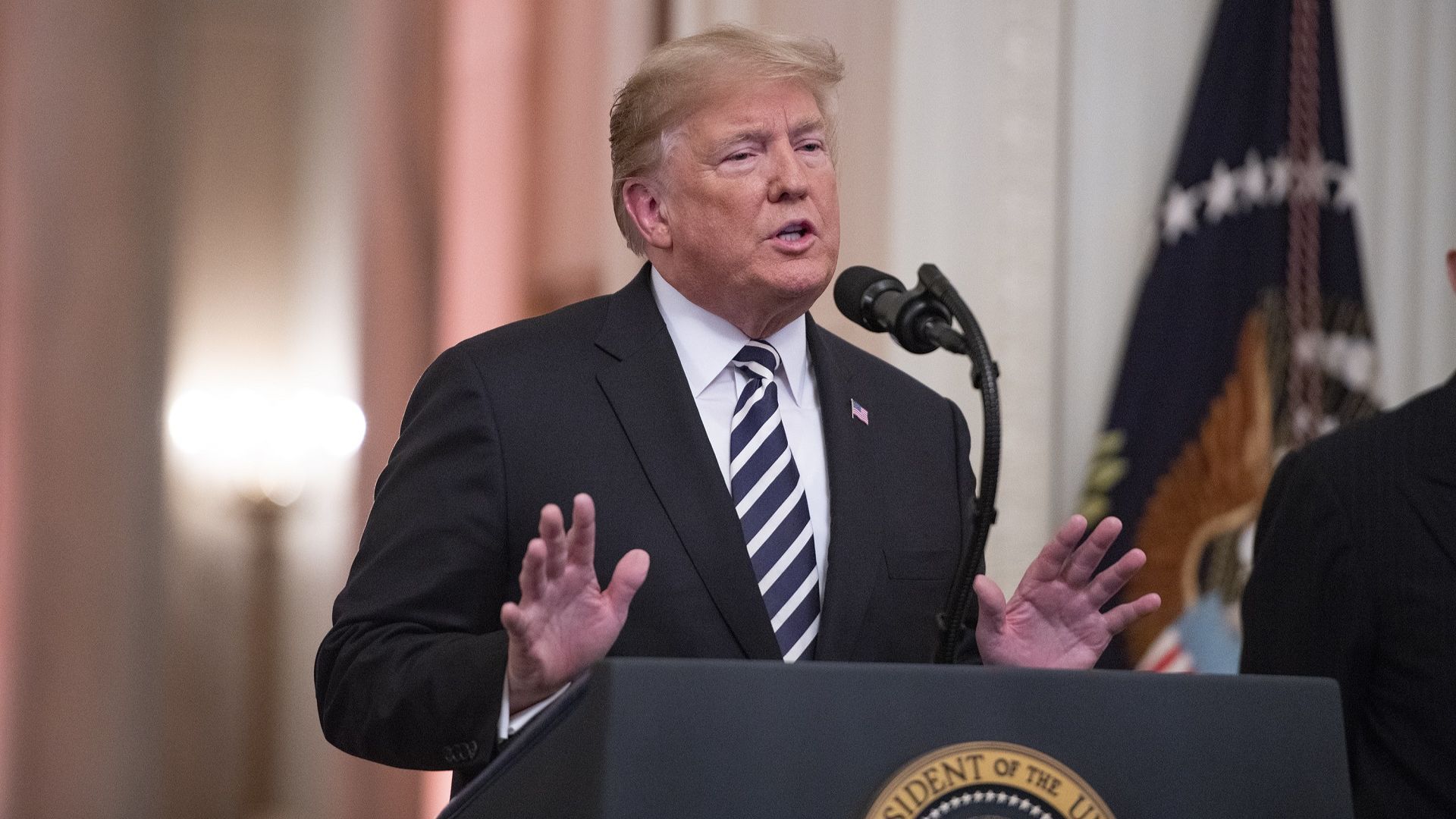
Controversies and disastrous policies within American presidencies are commonplace. Let's take a look at some of the controversial policies and scandals of recent years in the Oval Office.
George W. Bush, the war in Iraq and weapons of mass destruction

Donald Trump and his management of Covid-19

Bill Clinton and the Monica Lewinsky scandal

Barack Obama and his healthcare reform (Obamacare)

Richard Nixon and the Watergate scandal

John F. Kennedy and the Bay of Pigs invasion

Ronald Reagan and economic inequality

Bill Clinton's foreign policy and the genocide in Rwanda

Jimmy Carter and the energy crisis

George H.W. Bush and his commitment to no tax increases

George W. Bush and his response to Hurricane Katrina

Joe Biden and the border crisis

Barack Obama and his foreign policies, particularly in the Middle East

Donald Trump and his immigration policies

Ronald Reagan and his handling of the HIV/AIDS crisis

Richard Nixon and the Vietnam War and the incursion into Cambodia

Jimmy Carter and the Iran hostage crisis

Bill Clinton and his "Don't Ask, Don't Tell" policy

Richard Nixon and his abuse of presidential power

Ronald Reagan and the Iran-Contra affair

George W. Bush's economic policies and the 2008 financial crisis

Joe Biden and his handling of the Afghanistan withdrawal

Barack Obama and his economic policies

Donald Trump and his divisive rhetoric
